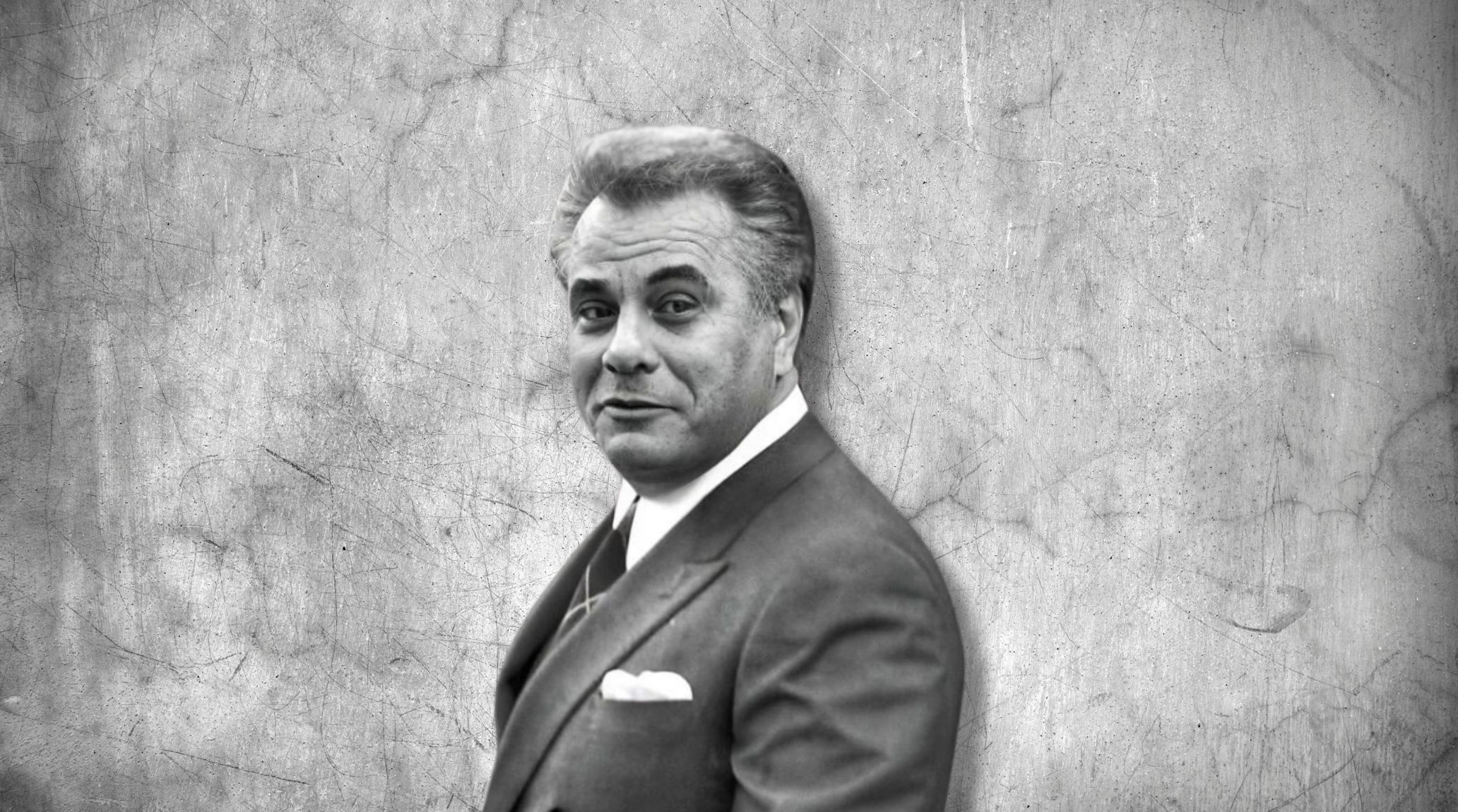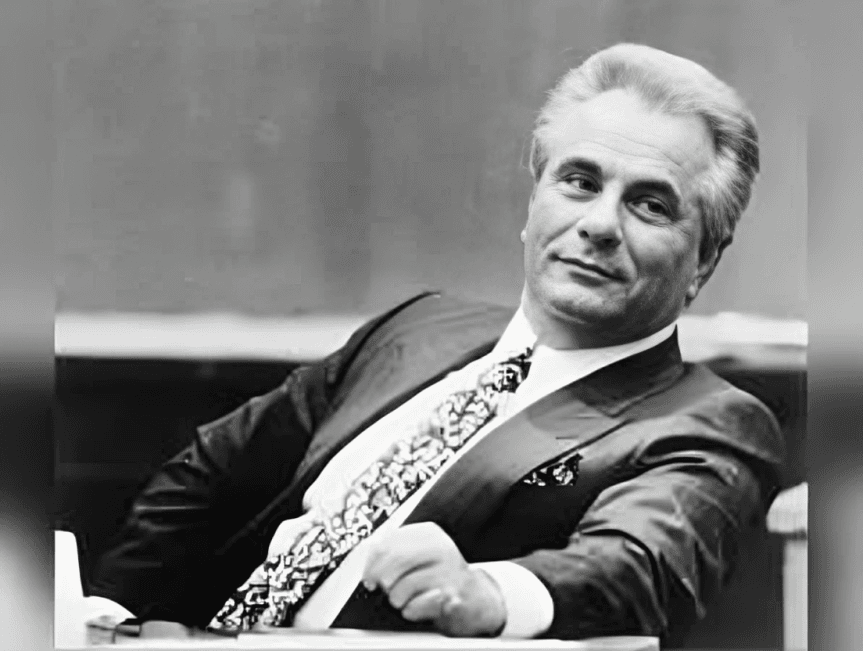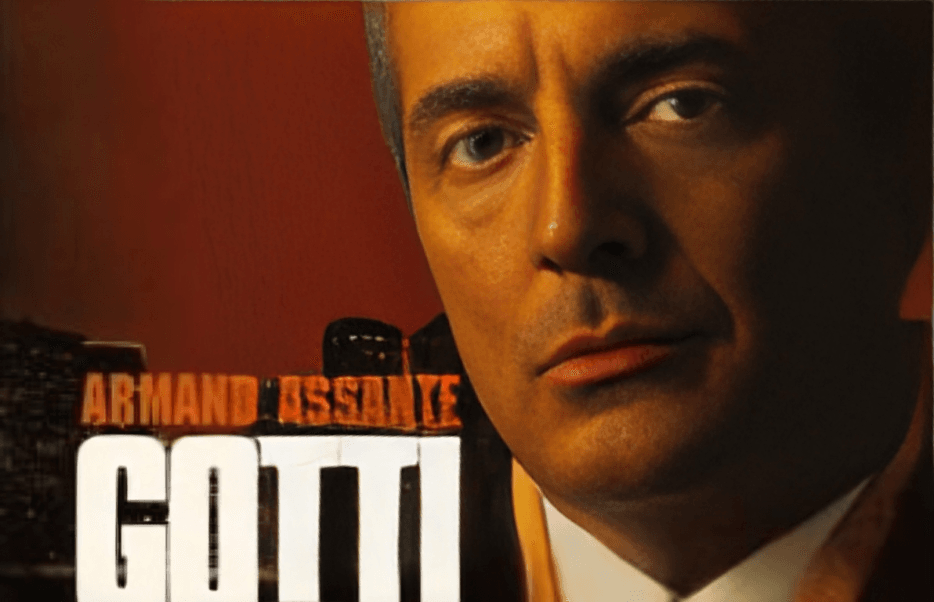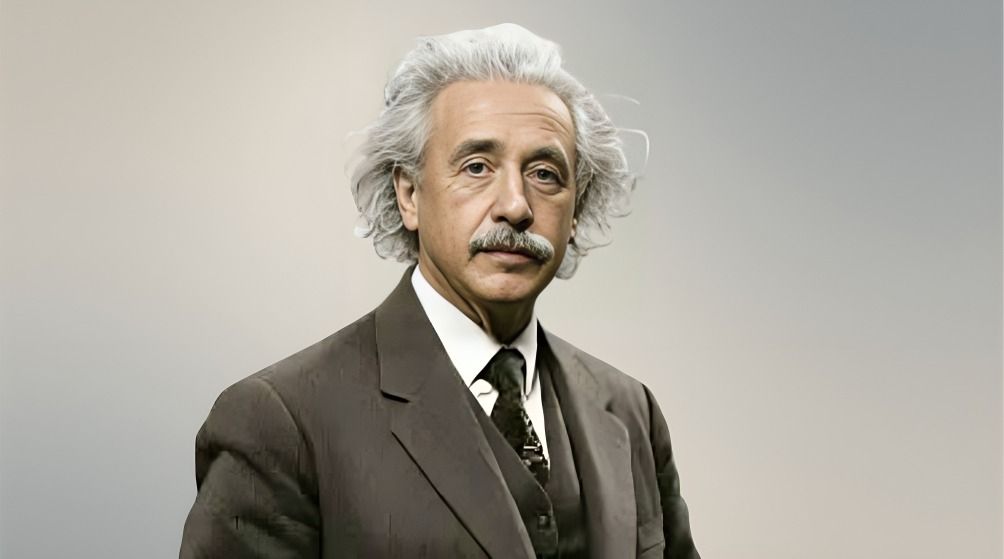
“
John Gotti, famously known as the "Teflon Don," was one of the most notorious mob bosses in American history. Rising to power in the Gambino crime family, Gotti became a household name due to his charisma, lavish lifestyle, and courtroom escapades. In this blog, we explore 20 amazing facts about John Gotti, uncovering the complexities of his life, his rise in organized crime, and the legacy he left behind. Dive into the world of this legendary criminal figure.1
1
”
John Gotti was dubbed the “Teflon Don” because of his remarkable ability to evade conviction despite being involved in multiple criminal activities, making him a symbol of untouchable power in the Mafia world. 1
Gotti orchestrated the murder of Paul Castellano in 1985, an act that allowed him to seize control of the Gambino crime family, solidifying his status as one of the most feared Mafia bosses.2
He earned a notorious reputation as a Mafia boss, controlling one of the most powerful and influential crime families in the U.S. while maintaining an almost invincible image through his criminal tactics. 3

Gotti’s nickname, “Teflon Don,” stemmed from his repeated acquittals in high-profile trials, where his ability to avoid conviction despite overwhelming evidence made him seem untouchable and invincible to law enforcement.
Despite his violent criminal career, Gotti carefully crafted a family-oriented public image. He was married to Victoria DiGiorgio, and their five children were presented as a stark contrast to his criminal lifestyle. 4
Gotti's criminal career began with smaller rackets, including hijacking trucks at JFK Airport. These early crimes helped him climb the ranks of the Mafia, eventually leading him to take control of the Gambino family. 5
His rise to power within the Gambino family was marked by increasing involvement in organized crime activities, where he proved his ruthlessness and strategic cunning, ultimately taking leadership from Castellano. 6
At the peak of his reign, Gotti became one of the wealthiest figures in organized crime, amassing millions of dollars through illicit operations such as extortion, gambling, and narcotics trafficking across the U.S. 7
Gotti managed to stay under the radar by maintaining a low-profile lifestyle. He avoided the public eye to evade law enforcement, keeping his criminal empire running while staying out of direct police focus. 8
A turning point in Gotti’s criminal life came in 1990 when he ordered the execution of his underboss, Salvatore "Sammy the Bull" Gravano, ultimately setting off a chain of events that would lead to his downfall. 9
Gravano, once loyal to Gotti, turned state’s witness against him after the murder, providing critical testimony that led to Gotti’s conviction, marking a major blow to Gotti’s criminal empire and his public image. 10

Gotti avoided conviction for years due to his associates' loyalty. They followed the Mafia's code of silence, "Omerta," refusing to testify against him despite overwhelming evidence.
Gotti's criminal influence spread beyond New York, with ties to other Mafia families across the U.S., solidifying his national power and helping him control vast criminal enterprises. 11
A savvy media manipulator, Gotti often portrayed himself as a victim of government persecution, using this image to win public sympathy and maintain a loyal following despite his ongoing legal battles and arrests. 12
Gotti’s legal troubles culminated in 1992 when he was convicted of murder, racketeering, and other crimes after Gravano’s testimony. He was sentenced to life in prison, marking the end of his reign as Mafia boss. 13
Even after his conviction, Gotti’s influence over the Gambino family remained strong. From prison, he continued issuing orders, while loyal followers kept his criminal empire running smoothly. 14

Gotti’s life and crimes have been immortalized in popular culture, notably in the 1996 HBO film "Gotti," where actor Armand Assante portrayed the infamous crime boss, further cementing his place in Mafia history.
A cornerstone of Gotti’s leadership was his strict adherence to the Mafia code of loyalty, "Omerta." This code ensured the secrecy and protection of Mafia operations, allowing him to operate with little fear of betrayal. 15
Despite his extensive criminal activities, Gotti inspired fierce loyalty from his followers. His charm, resilience, and leadership abilities made him a revered figure in the Mafia, even as his legal troubles mounted. 16
The FBI’s relentless pursuit of Gotti, using wiretaps, surveillance, and informants like Gravano, led to his conviction and helped dismantle the Gambino family’s power, dealing a major blow to organized crime. 17


